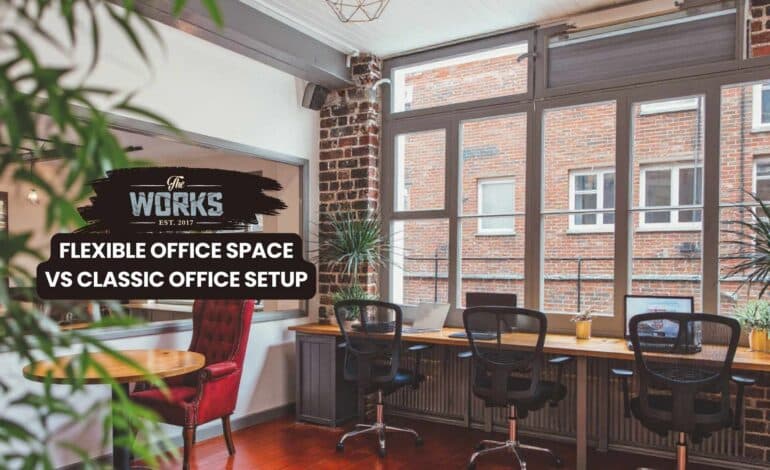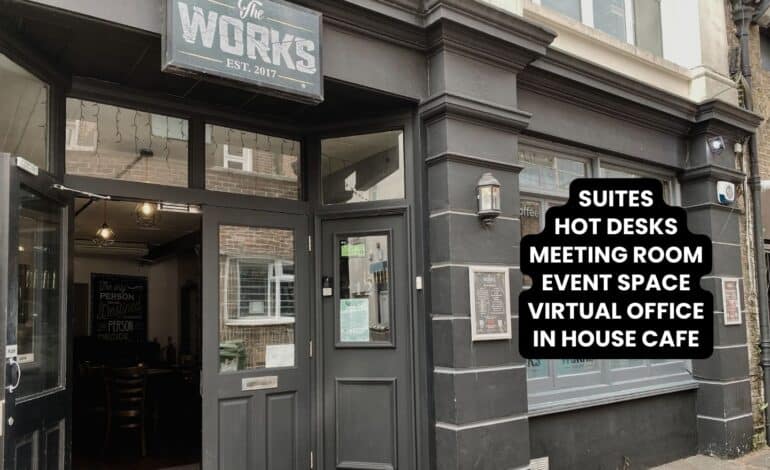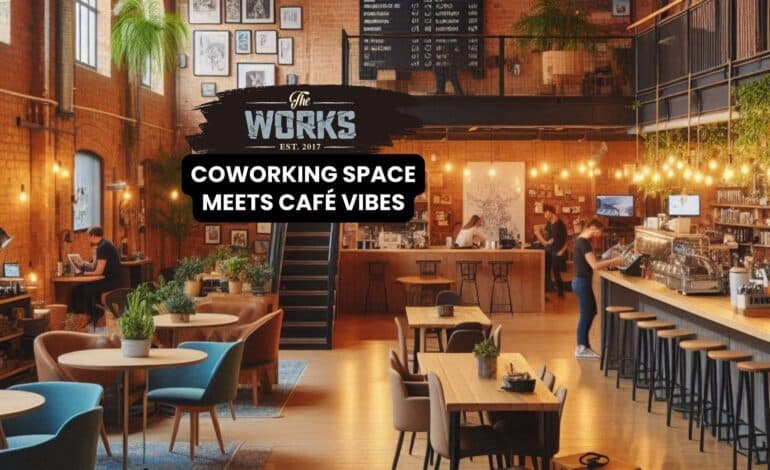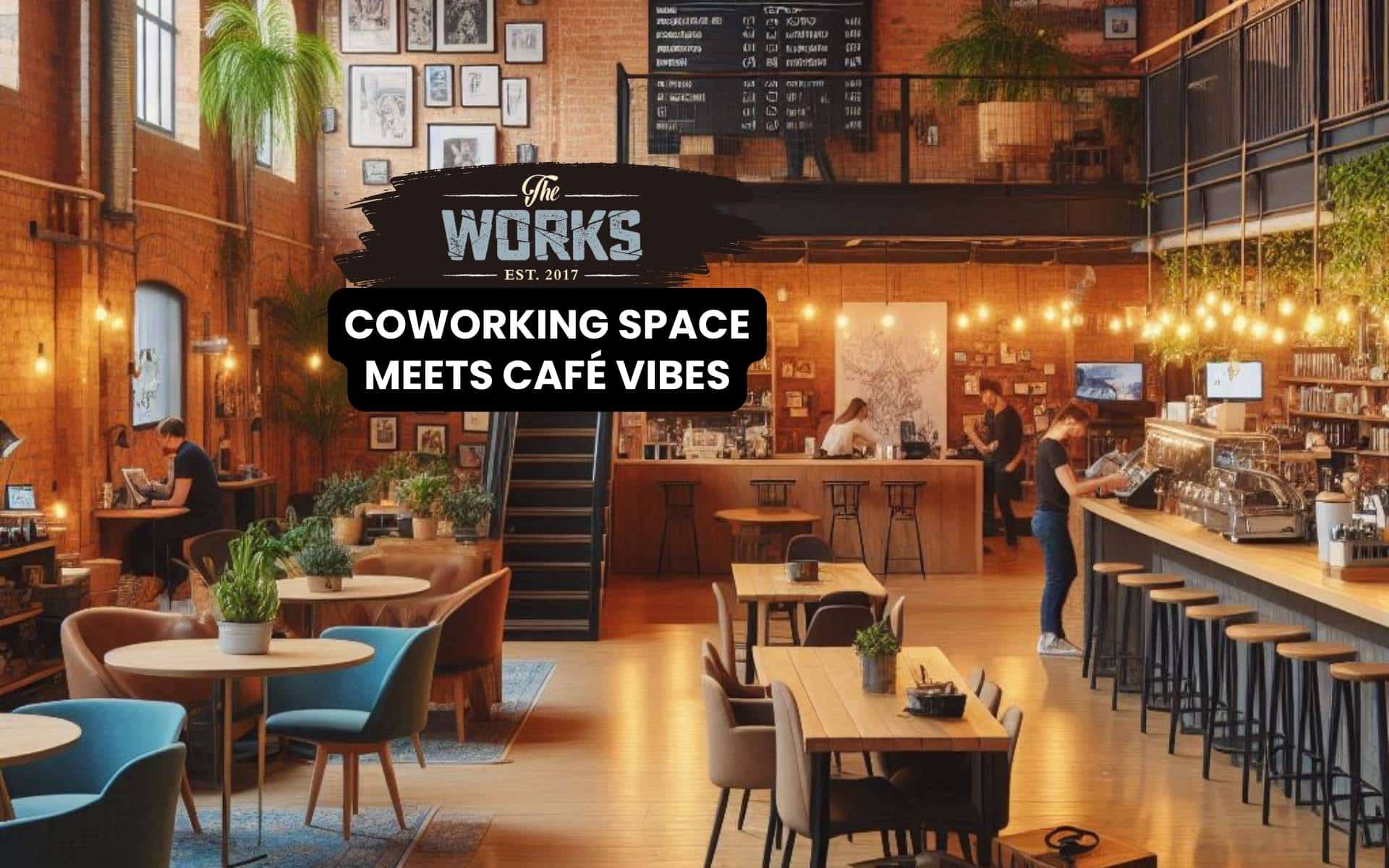What’s the Difference Between Flexible Office Space vs Classic Office Setup
What’s the Difference Between Flexible Office Space vs Classic Office Setup
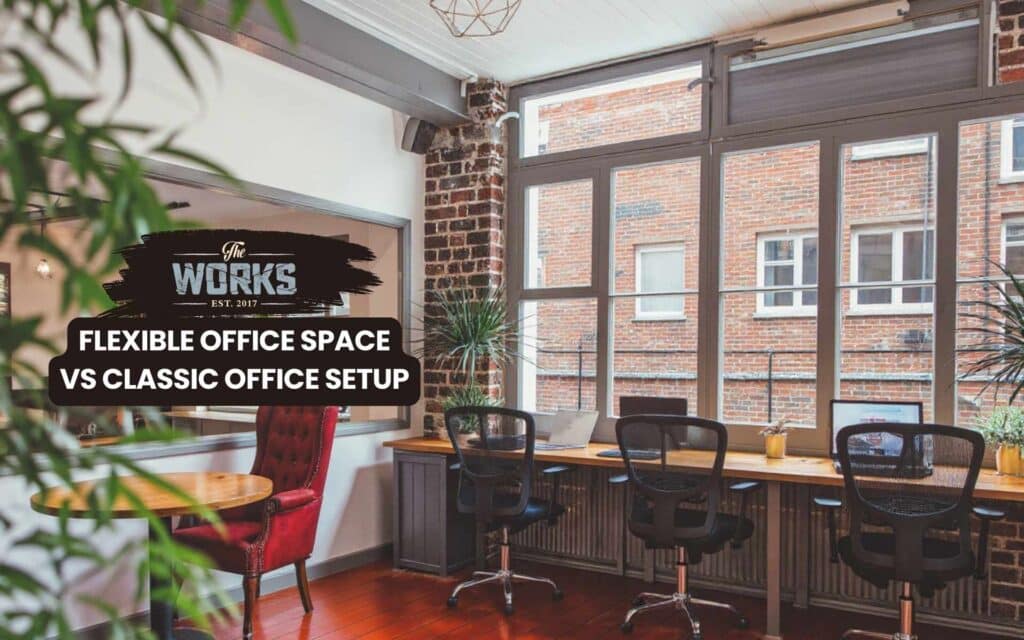
When it comes to choosing where to run your business, the options have evolved far beyond the traditional four walls and a fixed lease. Today, more and more businesses are moving towards flexible office solutions, while others still prefer the stability of a classic office setup. Both have their merits, but understanding the differences can help you decide what’s right for your team and your budget.
Let’s break it down.
The Classic Office Setup
Think of the classic office as the “traditional” model most of us are familiar with. It typically involves leasing a space for several years, fitting it out with desks, meeting rooms, IT infrastructure, and everything else needed to keep the business ticking over.
Pros:
- Consistency and stability: You know exactly where you’ll be, and the space is entirely yours to manage.
- Full control: From furniture to branding, you can design the space to reflect your company culture.
- Privacy: For businesses that require confidentiality or constant face-to-face collaboration, having a private office is often a necessity.
Cons:
- High upfront costs: Fit-outs, furniture, and deposits can be a hefty investment.
- Long-term commitment: Leases usually span three to five years or more, which can feel restrictive if your business is growing or changing rapidly.
- Operational responsibilities: Everything from maintenance to utility bills falls under your remit, which can be time-consuming and costly.
The Flexible Office Space
On the other side of the spectrum, flexible office spaces are designed to give businesses exactly what the name suggests—flexibility. This could mean coworking desks, private offices within a shared building, or even short-term leases with minimal setup required.
Pros:
- Agility: Whether you need space for two people or twenty, flexible offices allow you to scale up (or down) quickly.
- Cost efficiency: No need to invest in furniture, internet, or cleaning services—these are often included in your monthly fee.
- Amenities and community: Many flexible workspaces offer extras such as meeting rooms, breakout areas, cafés, and networking events.
- Shorter commitments: Instead of tying yourself into a multi-year lease, you can opt for monthly or quarterly contracts.
Cons:
- Less control over design: While spaces are modern and well-equipped, you may not be able to fully customise them to your brand.
- Shared resources: In coworking setups, you may occasionally face noise or competition for meeting rooms.
- Variable costs: While upfront costs are lower, additional services (like extra meeting hours or printing) can add up
Which is Right for You?
Choosing between a flexible office space and a classic office setup largely depends on your business stage, culture, and priorities.
- Start-ups and small businesses often gravitate towards flexible offices for their affordability and ability to scale without risk.
- Established companies may prefer the control and prestige that comes with a dedicated office, especially if long-term stability is a priority.
- Hybrid teams can find flexible offices particularly appealing, as they allow staff to drop in and out without the company paying for unused space.
The Future of Work
Interestingly, the line between flexible and classic offices is beginning to blur. Many traditional landlords now offer shorter leases or serviced options, while flexible workspaces are increasingly tailoring private offices for larger firms. The trend is clear: businesses are demanding more choice and less rigidity in how they operate.
Final Thoughts
At the end of the day, there’s no “one-size-fits-all” approach. A classic office setup provides permanence and control, while flexible office space offers agility and convenience. The best decision comes down to how you work today and how you expect to work tomorrow.
If you’re weighing up your options, consider your financial flexibility, growth plans, and team culture. After all, the right workspace isn’t just about desks and chairs. It’s about creating an environment where your business can thrive.
Book Your Coworking Space Today!
Choose The Works Group and experience the convenience and excellence of our versatile spaces. Contact us today to discuss your requirements and secure your booking!

